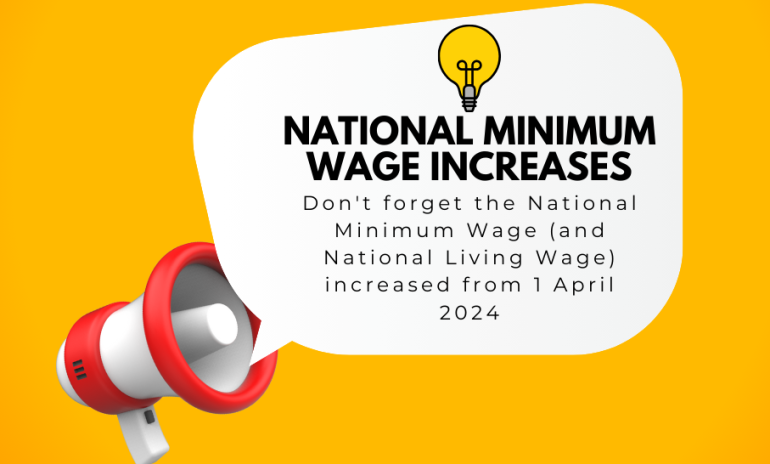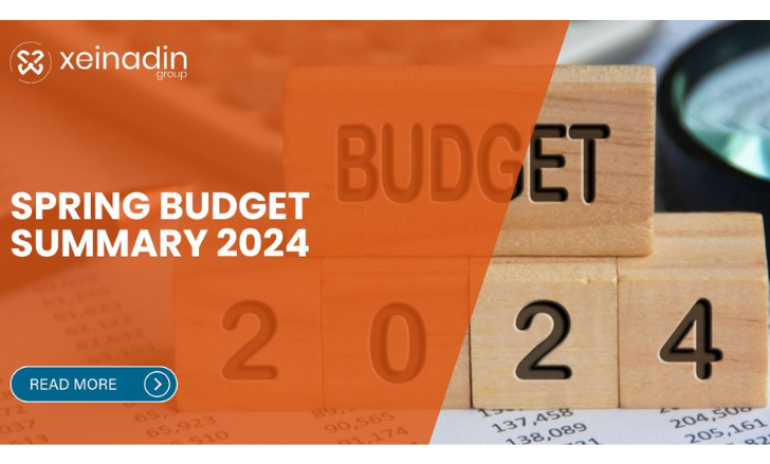Who can claim the New Job Retention Scheme Bonus?
Date: 03/08/20

The Job Retention Bonus was announced on Wednesday 8 July 2020 when Rishi Sunak presented his ‘Plan for jobs’ to support the UK’s economic recovery. In the last few days, further guidance has been published which outlines who will be able to claim the one-off payment of £1,000 per employee.
Employers will be able to claim for employees who:
- were furloughed and had a Coronavirus Job Retention Scheme claim submitted for them that meets all relevant eligibility criteria for the scheme
- have been continuously employed by the relevant employer from the time of the employer’s most recent claim for that employee until at least 31 January 2021
- have been paid an average of at least £520 a month between 1 November 2020 and 31 January 2021 (a total of at least £1,560 across the 3 months). The employee does not have to be paid £520 in each month, but must have received some earnings in each of the three calendar months that have been paid and reported to HMRC via RTI;
- have up-to-date RTI records for the period to the end of January
- are not serving a contractual or statutory notice period, that started before 1 February 2021, for the employer making a claim
Employers can claim the Job Retention Bonus for all employees who meet the above criteria, including office holders, company directors and agency workers, including those employed by umbrella companies. The above criteria must be met regardless of the frequency of the employee’s pay periods, their hours worked and rate of pay.
Employers will be able to claim the Job Retention Bonus after they have filed PAYE returns for January and payments will be made to employers from February 2021.
HMRC has stated that employers must keep their payroll records up to date and accurate and ensure that they have:
- complied with their obligations to pay and file PAYE accurately and on time under the Real Time Information (RTI) reporting system for all employees
- maintained enrolment for PAYE online
- a UK bank account
The bonus will be taxable, so the business must include the whole amount as income when calculating their taxable profits for Corporation Tax or Self-Assessment.
More detailed guidance will be released by the end of September 2020.

Author: Stuart Hinnigan FCA CTA
Stuart’s career in accountancy began when he joined Preston based Moore and Smalley in 1994 following his graduation from Lancaster University. He qualified as a Chartered Accountant in 1997 and then chose to specialise in...
0 Comment
Add your Comment
We have the ability to edit and/or delete posts and comments. Links should be relevant to the topics. Please note all comments are subject to review before inclusion.














Nobody has commented yet. Why not add one?